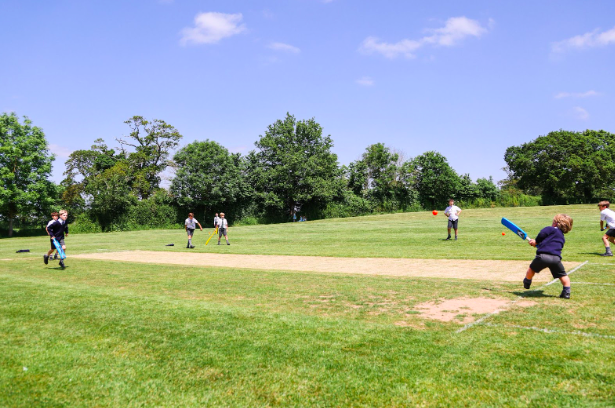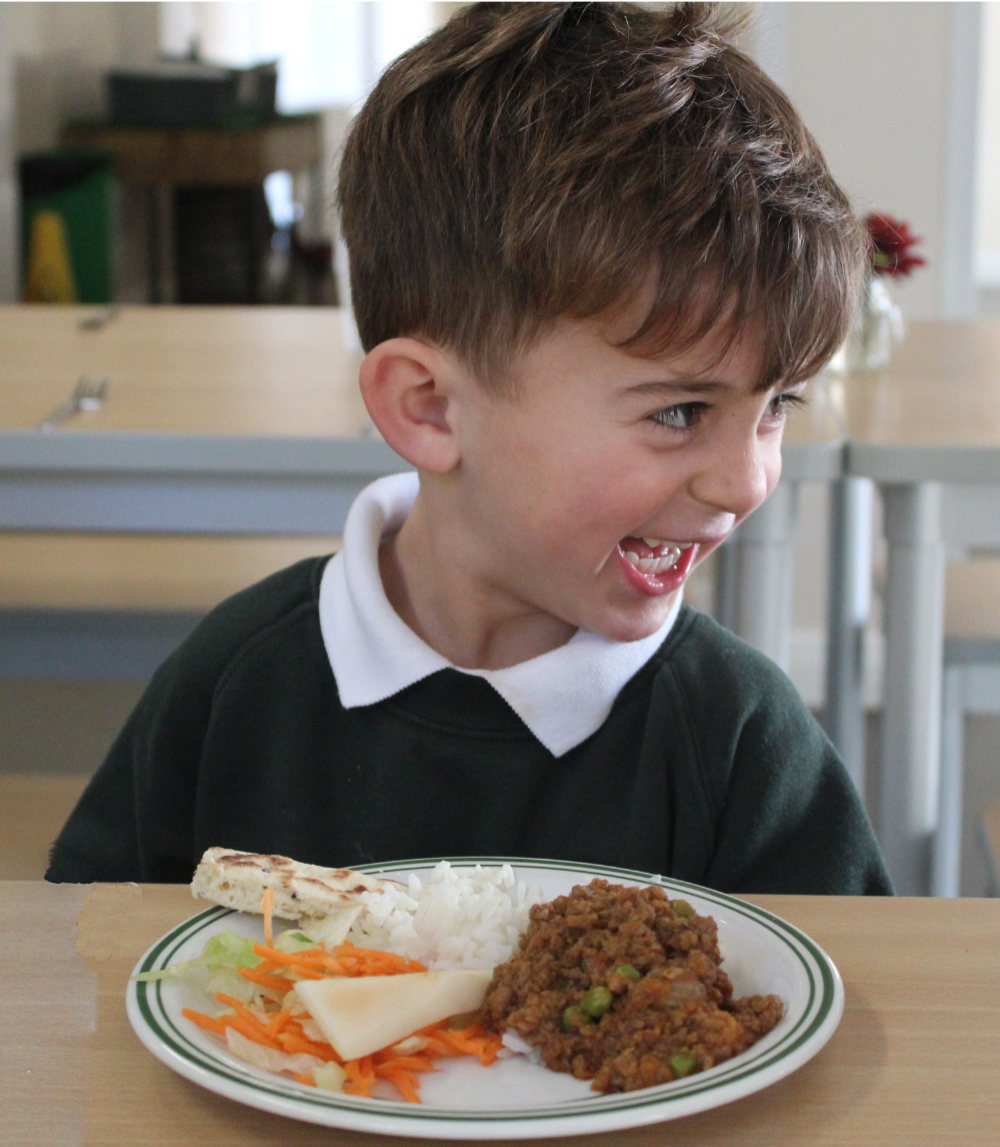Cooking is a vital skill that is needed throughout life, and one of the best ways to start is from a young age. It is not just about teaching children information about different food groups, where food comes from and how to prepare it, as learning to cook can help their future when they are in charge of their health.
It can be challenging to get children interested in the food they eat, as they can be fussy and uninterested about their own diet. It can also be frustrating as an adult to cook with children who are messy and, at times, inattentive. Therefore, we have put together some ways to introduce your children to cooking in a fun and engaging way.
Make Time
A common problem for not getting children into cooking is the lack of time. School, combined with work hours, plus any clubs, classes and other activities can take over the time you would need to cook with your child. Weekends are a great place to start; set a couple of hours aside on a Friday evening or Saturday to make a meal together. You could include a trip to the shops to buy ingredients and just start with something simple. This could be a cooked breakfast of pancakes or scrambled eggs, or an easy pasta bake in the evening.
Educate About the Food
Children don’t all know where their food comes from, and educating about the origins is a big part of making them interested. If you are unsure, it is a great time to educate yourself too. When out shopping, try to look for local produce, or British grown, and tell children why you do this. Having knowledge about where their food comes from and how it is produced can have a considerable impact. Opting for organic and local produce can help shape their shopping habits as an adult.
Get the Right Recipe
You may think you need a special cookbook full of recipes for children, but that is not necessarily the case. Choosing recipe books with simple step-by-step guides, plus some tips on necessary cooking skills, such as boiling times for pasta, is sufficient. You might know how to make spaghetti Bolognese without a recipe, but using a recipe can help children understand the steps much better. It is also a good idea to keep an eye out for recipe books which include some affordable meals with standard ingredients. You don’t want every meal you cook with your child to have special ingredients they wouldn’t normally have in their cupboard. In addition to books, why not spend time with your child browsing Pinterest or other sites to find a new recipe together?

You Don’t Need All The Equipment
When cooking with your children, you don’t need to make sure you have all the right equipment. Some good knives, spatulas, a few mixing bowls, pots and pans, trays and casserole dishes and chopping boards will be enough. Though having all the ingredients carefully separated into bowls as we see on TV is handy, it creates a lot more washing up or a full dishwasher than is necessary! Try and keep the equipment and utensils to the basic minimum, particularly with young children, as it can be overbearing. Anything else you might need, it is likely you already have it, such as a grater and peeler!
Use Favourite Food
For picky eaters, cooking with them can be stressful, but the solution is to use their favourite foods, and slowly encourage them to try something new occasionally. Pasta is always an easy and popular choice, as is pizza. It is also reasonably easy to make pizza from scratch, and children can choose their own toppings. You can also use the opportunity to encourage them to pick healthier options; low fat, less sugar and salt.
Turn Off Devices
When it comes time to cook, make their focus on just the food. Turn off the TV and leave tablets and phones out of the kitchen – unless you are using it for the recipe! They might grumble about it, but cooking should be fun and engaging for them to soon forget about checking their phone! Turning on the radio or putting on some background music is usually enough entertainment when the only task is waiting for the timer to go off.
Have Patience
As mentioned above, having enough time to cook with your children is important, and they take a lot longer to do things than you will. As such, it is better to choose a time where dinner doesn’t need to be made as soon as possible. Be patient when they are chopping vegetables, or slowly stirring the pan and resist the impulse to do it for them; they won’t learn that way. However, the more you cook with your children, the less time you need to get the meal prepared.
Give Them Other Jobs
There will be some days when cooking doesn’t interest them, but just getting them into the kitchen is a starting point. Give them the job of setting the dining table, or organising the drinks will bring them into the kitchen and allow them to see what you are doing. Take the chance to chat about what you are making, and get them involved in a different way!
Are there ways you get your children involved in cooking? At our co-education prep school in South Devon we encourage our pupils to follow healthy diets and all children eat hot lunches in the Dining Hall with their teachers. We are always happy to answer questions about the meals we serve, as the focus is on healthy and balanced food. Why not also take a look at our previous blog on ways to encourage your child to eat healthily?









